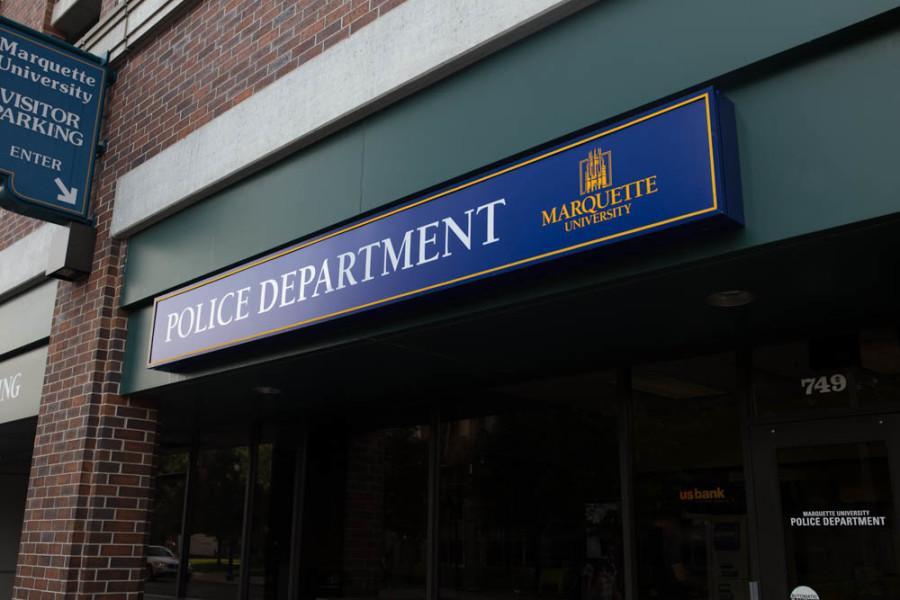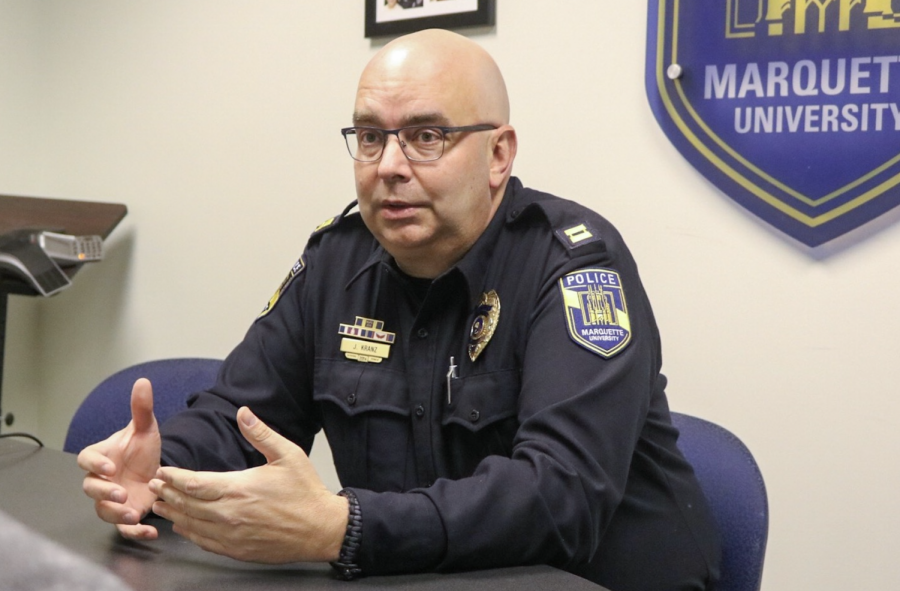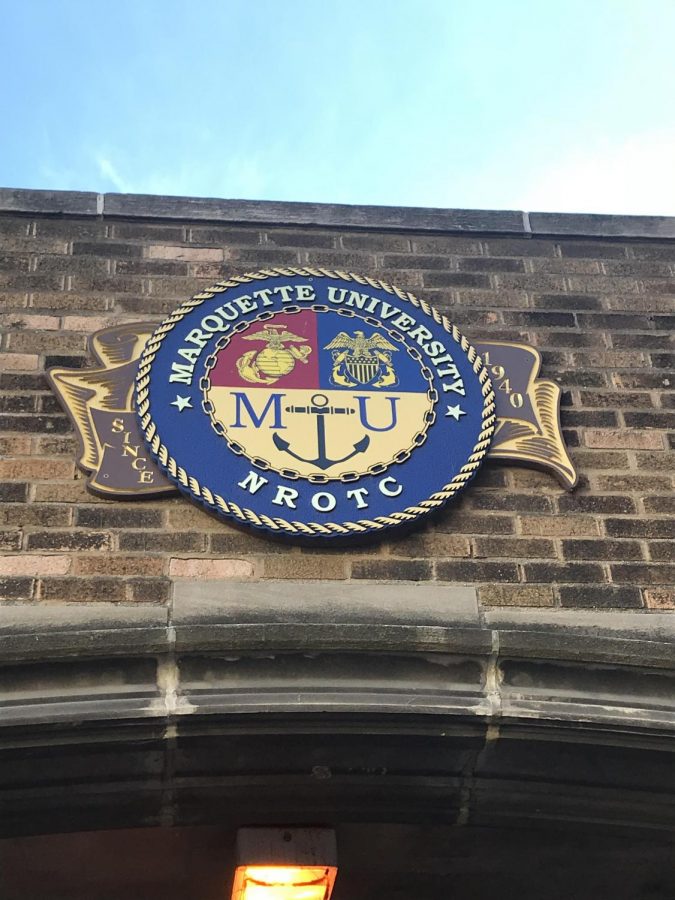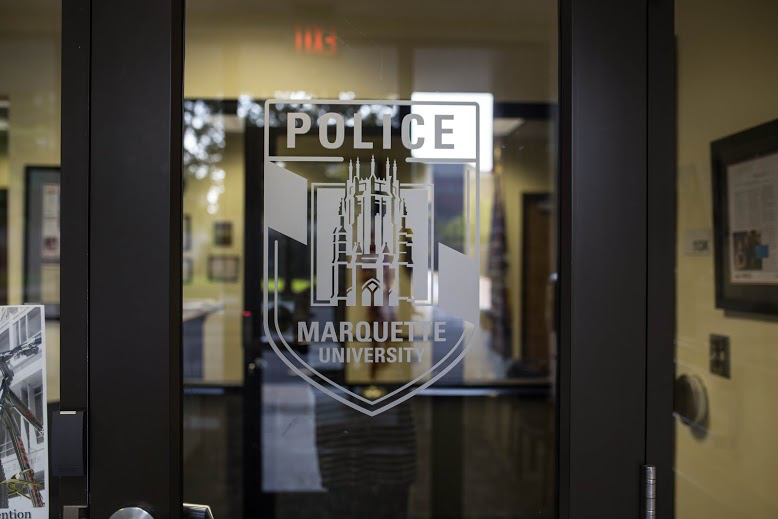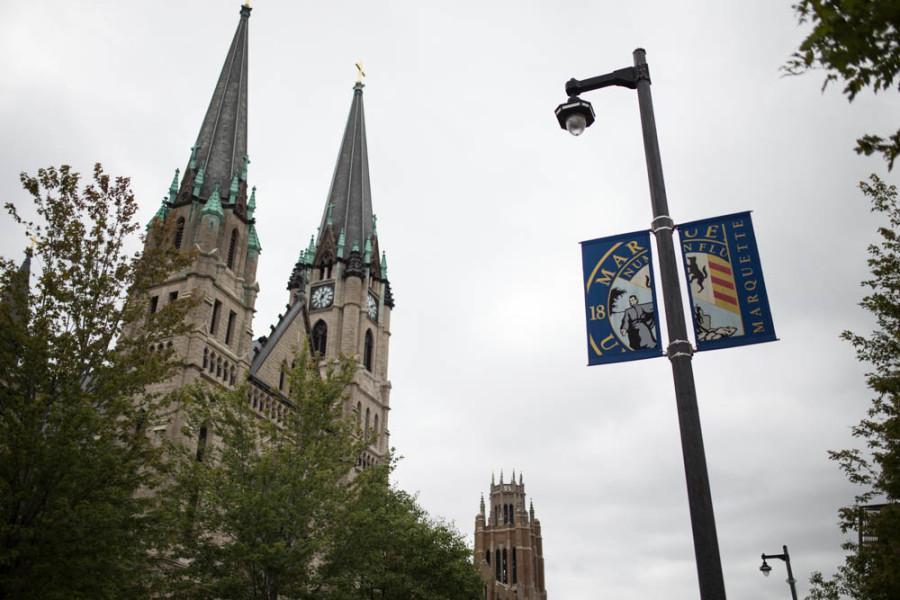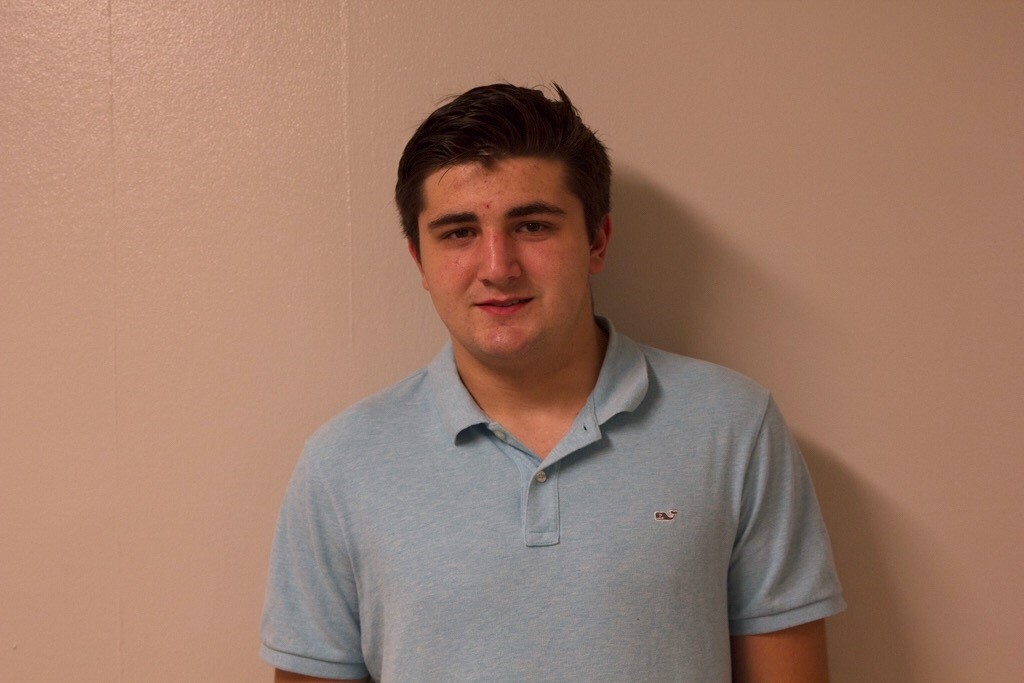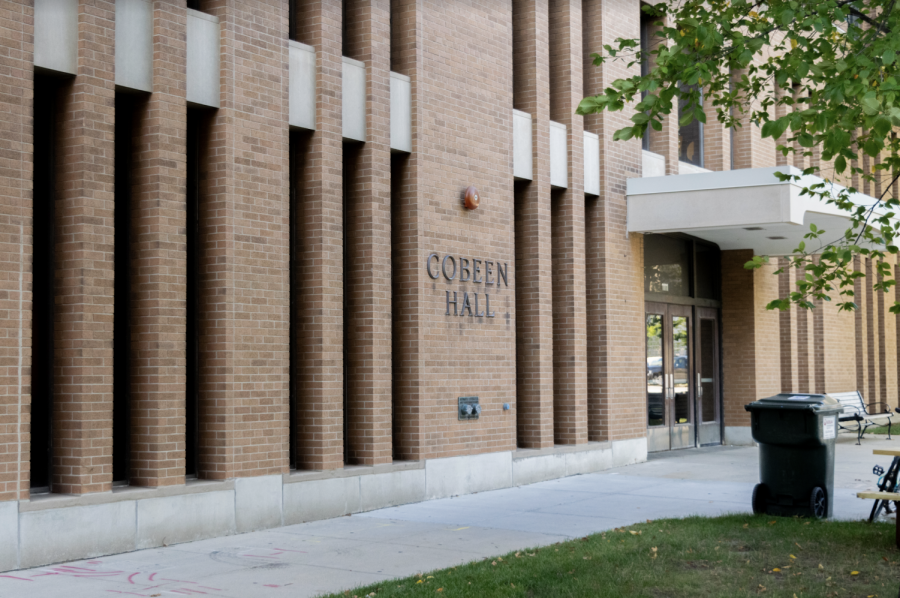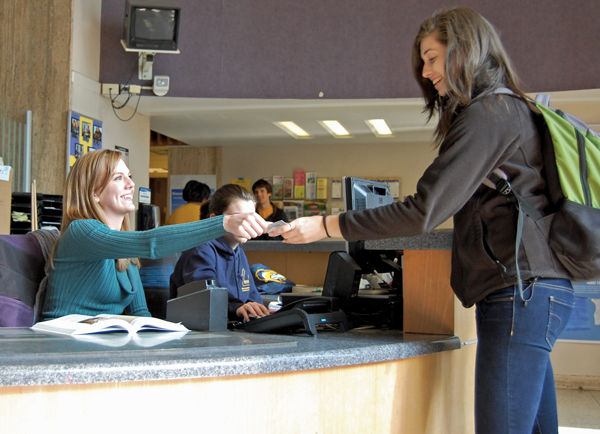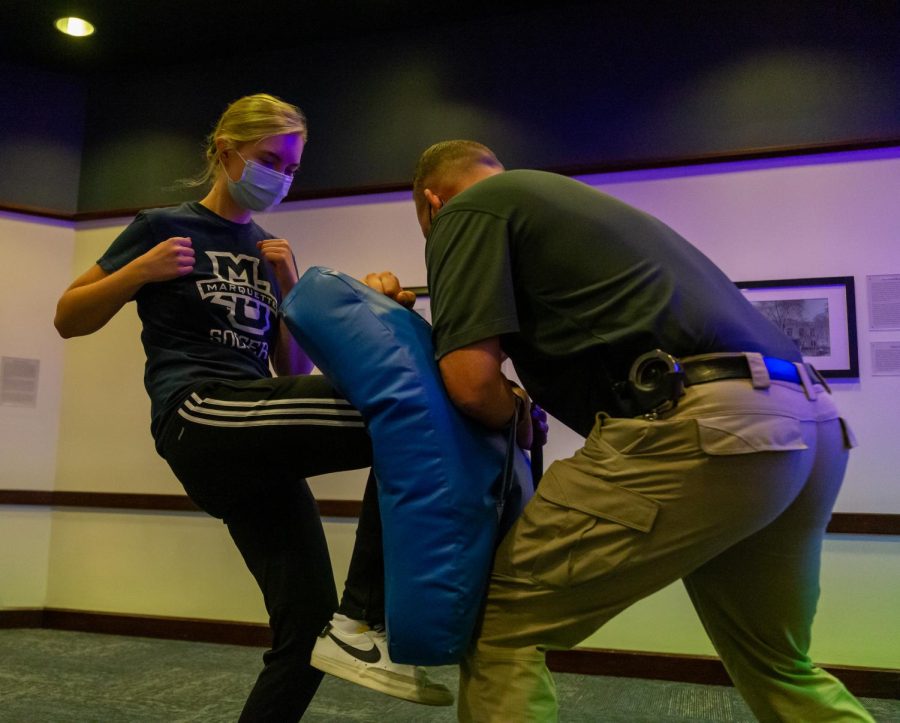Freshmen on Marquette’s campus now receive the necessary skills to protect themselves from an active shooter.
The efforts started in 2018, when incoming freshmen received brief training sessions during their orientation. This year, the orientation training expanded, with students being broken into small groups and receiving longer training sessions.
The Marquette University Police Department should be commended for its steps to expand and improve active shooter training for underclassmen.
Upperclassmen, however, are left without training in a world where mass shootings are becoming deadlier every day. Having not received training during freshman orientation, these students are left vulnerable in their everyday lives.
Likewise, faculty and staff are not provided with required active shooter training to protect themselves in the classroom.
MUPD Assistant Chief Jeff Kranz said optional training sessions are available for students, faculty and staff each month in the Alumni Memorial Union. But this is not enough.
The department and university must show their commitment to student, staff and faculty safety by requiring the training for the entire Marquette community.
Not ensuring all Marquette students, staff and faculty have the knowledge to respond to an active shooter is dangerous and careless. Not requiring it for everyone undermines the importance of this issue and the potential severity of its consequences.
The university encourages students to utilize the EagleEye Safety App, the Campus Safety LIMO and BlueLight services on campus if they feel unsafe. Although the EageEye App has a section with tips on how to deal with an active shooter situation, the tips stick to the common “Run. Hide. Fight.”
These safety resources are very beneficial to the student body, and MUPD makes efforts to educate students on how to use them. Students should be provided with similar knowledge when it comes to handling active shooter situations. The university should invest the same time and attention to active shooter resources as it does with other resources.
Two hundred and seventy-one mass shootings have occurred in the United States since the beginning of 2019, according to the Gun Violence Archive. Two hundred and seventy-one shootings in 237 days. We must be proactive so that we are prepared in the event an active shooter comes onto campus.
Many public school systems implement active shooter protocol for grade school and high school students. These mandatory drills prepare students for dangerous scenarios. While these drills might not be as applicable in college school systems because students are not in one building for the duration of a school day, the university should still compensate by implementing its training resources in sessions for all students.
These training sessions must equip students, staff and faculty with guidance beyond traditional models that focus on running, hiding or fighting. They must be given specific action steps if they find themselves in an active shooter situation on campus.
Our actions may change in the event of an actual emergency, but having the necessary skills and knowledge to act will save students, staff and faculty from the possibility of making mistakes and merely guessing at what to do.
The logistics of planning and executing in-person training for faculty, staff and upperclassmen may be difficult for the university, but action must be taken. If MUPD carries out mandatory active shooter training for the incoming freshmen, it should hold individuals accountable for completing the sessions. This could include putting holds on students’ accounts before registering for classes.
Attending training sessions may be frustrating for students, staff and faculty due to the time commitment, but it is unlikely they will object to being prepared for a life-or-death active shooter situation. The Marquette community should keep an open mind if required to attend these sessions.
Even though the frequency of mass shootings has desensitized members of society, Marquette community members need to prepare and protect one another.
This training shouldn’t just be an option for upperclassmen. Everyone needs to be required to take it.

